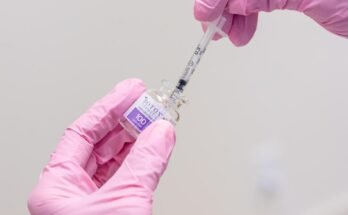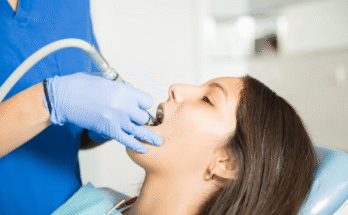Taking care of your body is the best way to stay healthy and disease-free. While many people are perfectly fine vising a general practitioner, some have concerns seeing a specialist, especially a urologist. Like any specialized doctor, a urologist can help treat diseases and conditions related to the urinary tract to help keep you healthy and comfortable. Deciding to go to the urologist can be tricky, but certain signs may indicate that an appointment is necessary. Let’s take a closer look at some common signs and conditions that may mean you need to see a urologist for your urology problems.
Common Urological Conditions
Both men and women can visit the urologist to help treat various diseases and conditions. Many conditions are prevalent and can be treated with the help of this specialist. If you have an overactive bladder or trouble with frequent or irregular urination, a visit to the urologist may be able to help. Further, a urologist can help treat painful conditions like kidney stones or even urinary tract infections.
For women, a urologist can help find solutions for a weakened pelvic floor resulting from childbirth. For men, a urologist can help with erectile dysfunction and other concerns related to the reproductive organs. Urologists, like any specialist, are available to help make you healthy and feel good.
Common Urological Symptoms
If you do not have a known condition or disease, specific symptoms you may experience can indicate the need to set up an appointment with your local urologist. These symptoms are usually the start of a more dangerous and prevalent disease and should be treated immediately.
For women, troubling symptoms that may prompt a visit to the urologist can include:
- Blood in the urine
- Pain when urinating
- Severe constipation
- Trouble with incontinence
- Difficulty urinating
- Pain in the lower abdomen, groin, or side
For men, symptoms may be slightly different that will prompt a visit to the urologist. A visit to the urologist may be driven by:
- Fertility concerns
- Issues keeping an erection
- Enlarged prostate
- Mass in the testicle
- Elevated PSA
If you are experiencing any of the above symptoms, it is essential to schedule an appointment with your urologist. This specialized doctor will evaluate and treat your symptoms and conditions to stop a potentially serious problem or disease from spreading.
What Should I Expect At My Appointment?
Like any doctor’s appointment, expect a visit to the urologist to be professional and helpful. Upon meeting the doctor, you will be asked a series of questions about your condition, lifestyle, overall health, and past medical conditions or procedures. These questions will help your doctor better understand what may have led to your symptoms or disease. Your doctor may take a urine sample to help diagnose your condition and better understand how your bladder is emptying. For men, your urologist may want to perform a prostate screening during your appointment.
Working together with your urologist, you will come up with a sound and effective treatment plan. Treatment can look different for everyone depending on your particular symptoms and conditions. For some, treatment can be as simple as a lifestyle change, while other treatment plans may require medication or surgery. It is important to remember that each diagnosis and patient is different, so treatment plans will be customized to treat your particular illness or condition.





